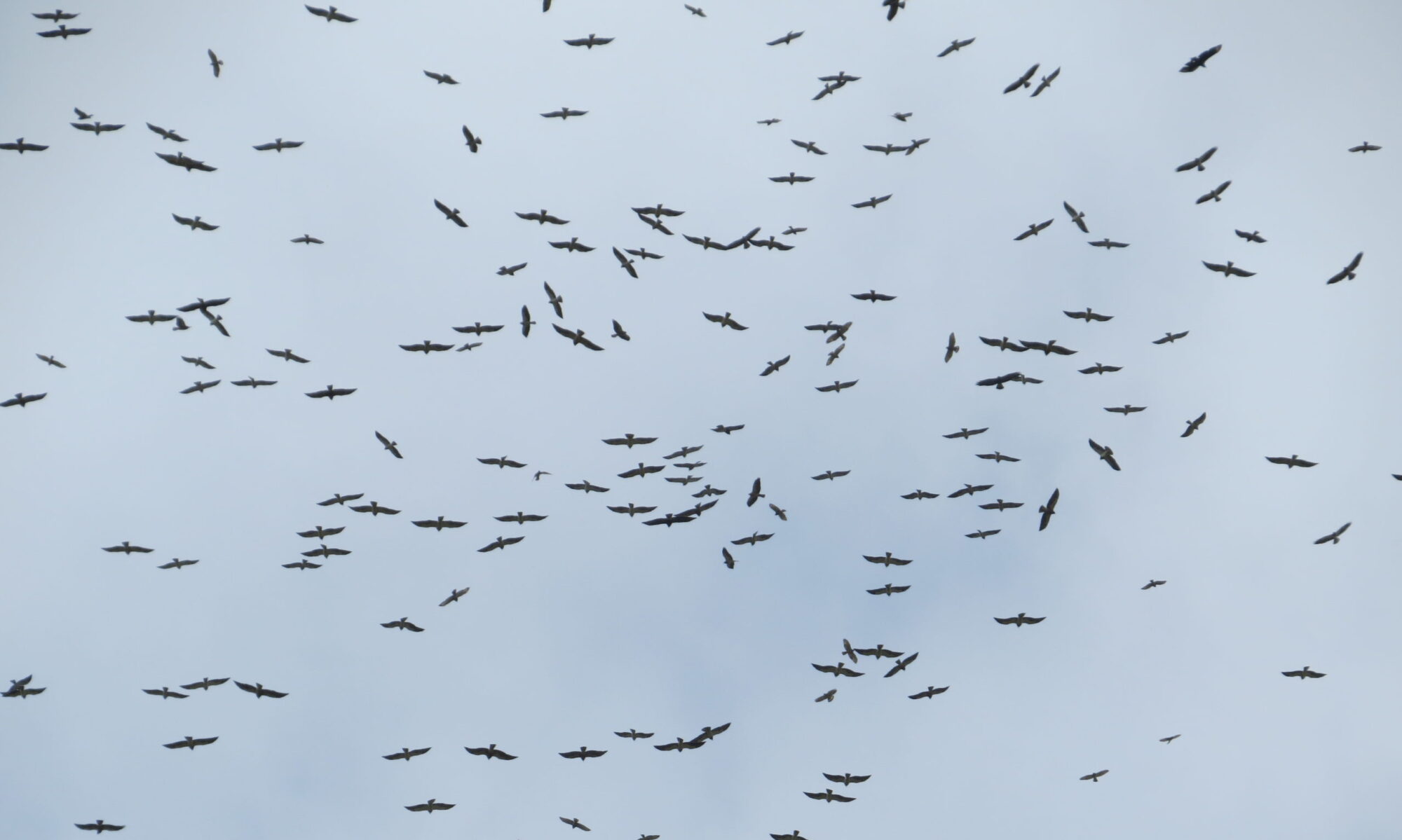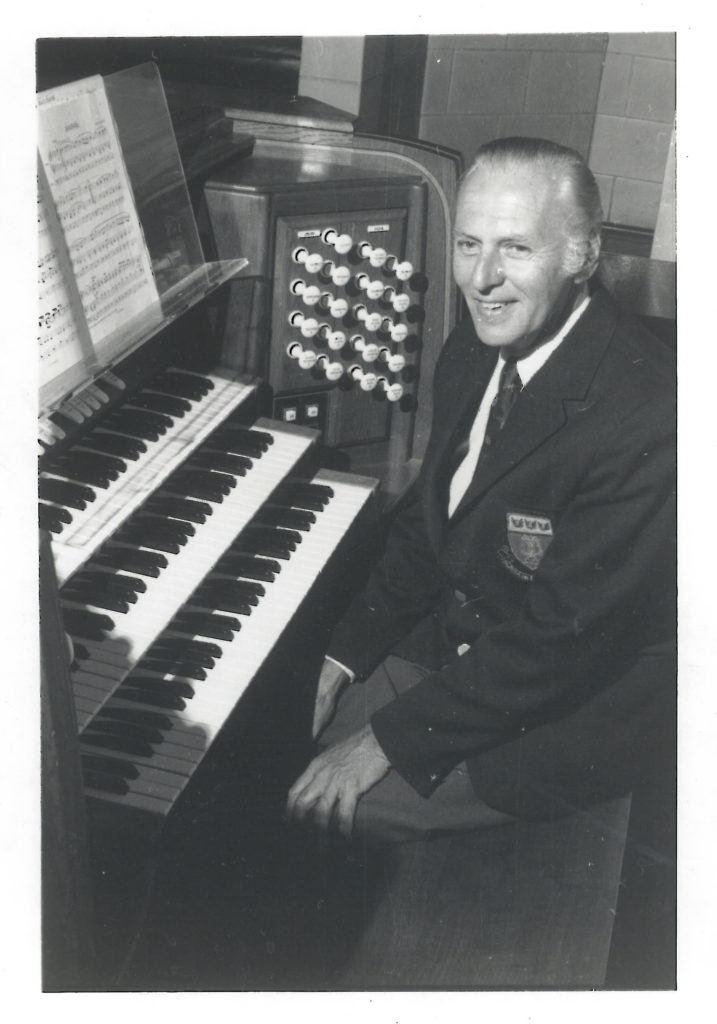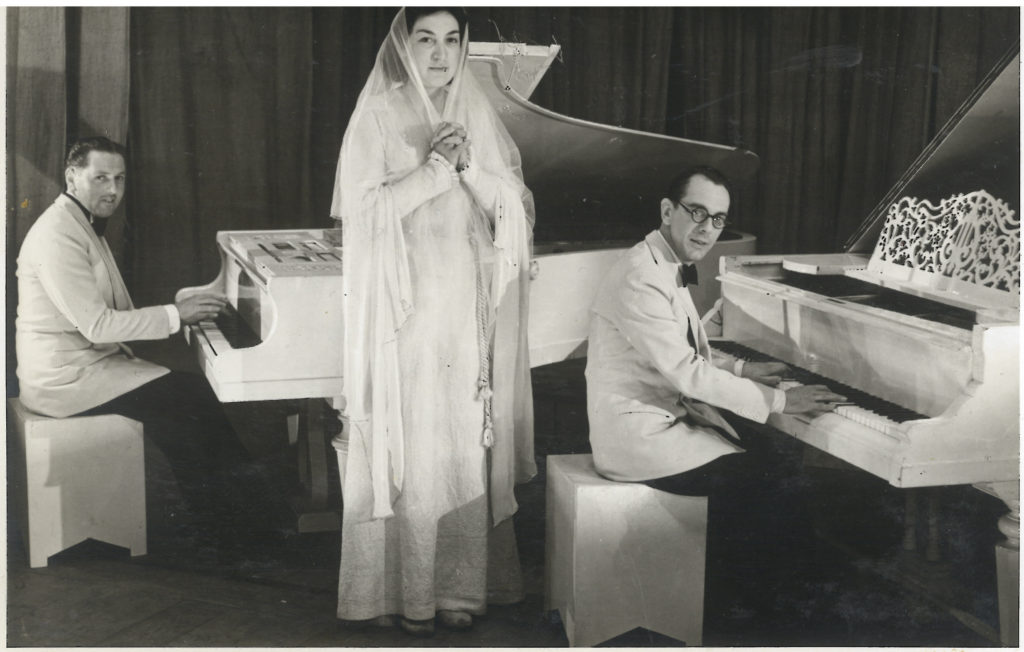The Organist: Fugues, Fatherhood, and a Fragile Mind is a literary memoir of Mark’s father, Harry Abley, who was a cinema organist as a young man and a cathedral organist in later life. Mark says: “The book comes as close to an autobiography of my own childhood — and parts of my adult life too — as I will ever write.
“Some pictures of my father appear on this page as a foretaste to the book. A few sound clips have also been added, although because they were recorded several decades ago, often in an amateur way, the audio quality leaves a lot to be desired. I’m thankful to Susan Lacoste, Elie Tordjman, Madison Karcs and the late Jason Safdie for their generous technical help in accomplishing what I could never do myself.”
The following sound clips give a sense of what Harry Abley sounded like at work. As his performance of Widor’s “Toccata” shows, he had a formidable technique (note that the recording has a couple of pauses where he unfortunately had to slow his performance and turn a page of the score).
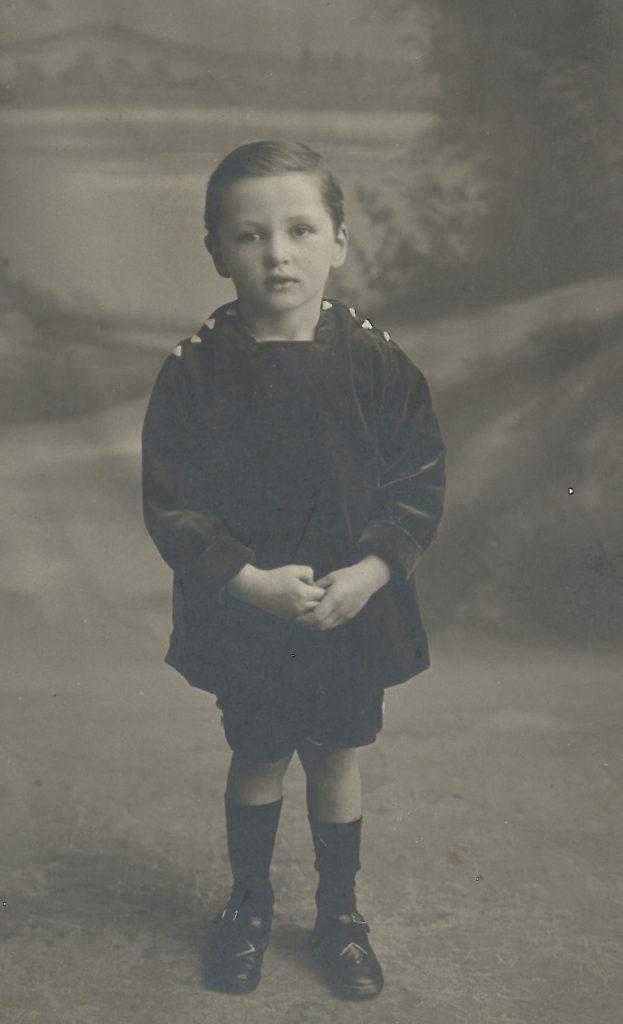
Harry Abley as a small boy in Knighton, a little town on the border between Wales and England, in the early 1920s. He did not have an easy childhood, and depression would scar his life.
He moved from Wales to London in his late teens, and became one of the youngest cinema organists in all of Britain. Then war broke out, and he joined up.
Harry Abley is seated at the left in the above picture, playing one of two grand pianos and accompanying a soloist during a concert for British forces at the end of the Second World War.
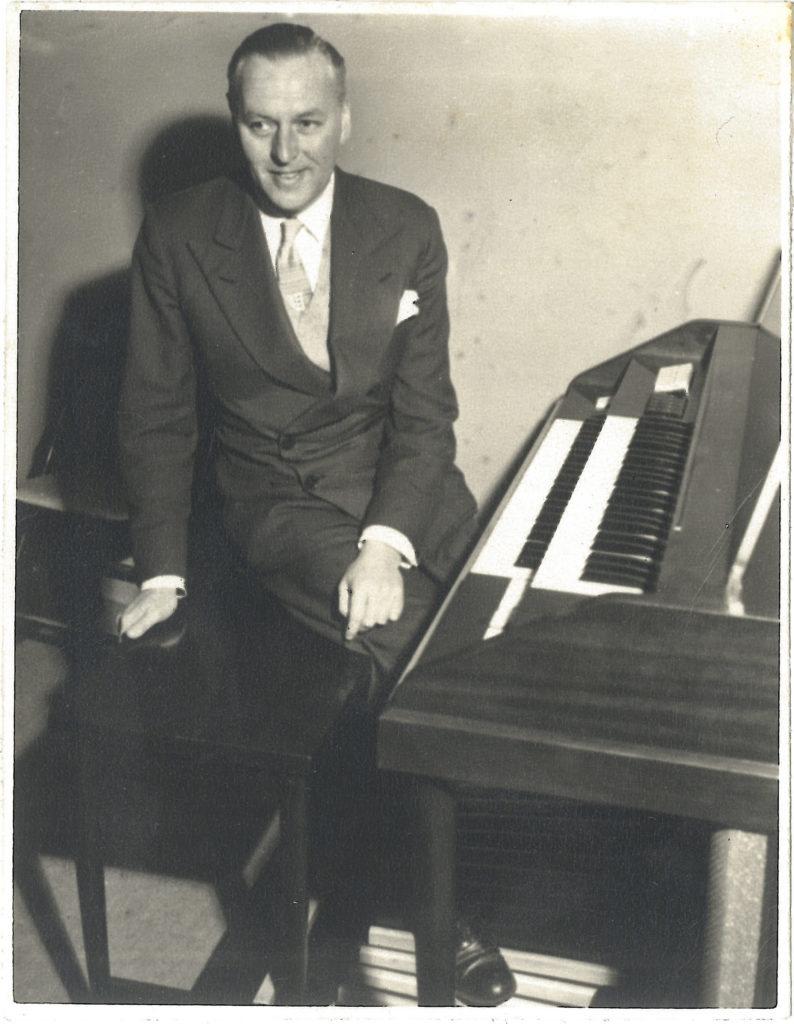
This photograph, dating from the late 1950s, shows Harry Abley demonstrating electronic organs at a department store in Sault Ste. Marie. He was not a very good salesman.
One of his favourite pieces for organ was “Le Jardin Suspendu” by the French composer Jehan Alain. It expresses the artist’s ideal — an inexpressible refuge from daily life. This recording, perhaps more than any other, expresses Harry Abley’s inner life.
In this picture, he is in his most natural and beloved location: at the console of a pipe organ. The photograph was taken in Saskatoon in the late 1970s. When he lived in Saskatoon, Harry Abley was recognized as one of the leading organists on the prairies, and he made several rewarding tours of Germany, playing in Berlin, Bremen, Stuttgart and other major cities.
The following broadcast is from the CBC Radio program “Music West” and was recorded on the organ of Third Avenue United Church in Saskatoon.
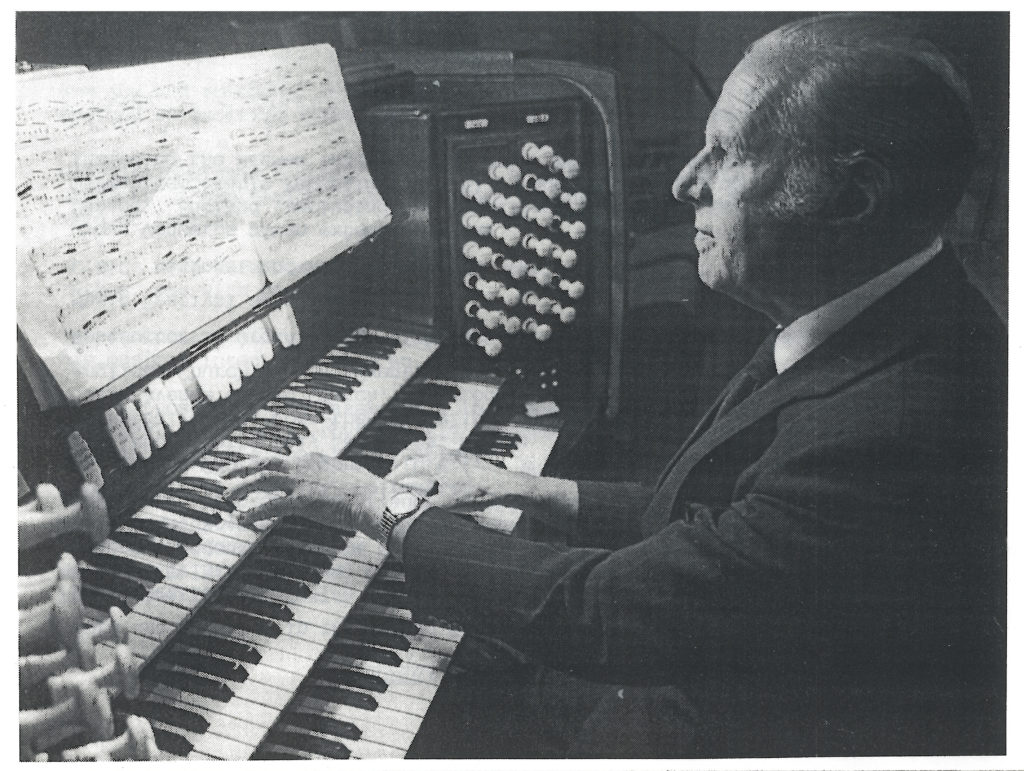
He moved to Montreal in his old age, but he was not happy in the city. The following piece, written for piano and played on the small piano in his home apartment, is called “The Pines of Oka.” He wrote it as a tribute to the Mohawk Nation after the Oka crisis of 1990.
Here is Sandra Hunt’s recent performance of “The Pines of Oka,” played at the Unitarian Church of Montreal.
An earlier piano piece by Harry Abley, played equally beautifully by Sandra Hunt.
Harry Abley died in December 1994. Mark began work on the memoir many years ago, then gave it up for a long time. The Organist proved to be a challenge, a burden, and an eventual joy to write. It was published by the University of Regina Press in 2019.
Here are a few more examples of Harry Abley’s organ playing.
His “signature tune” as a cinema organist: “These Foolish Things.”
One of his best-loved pieces: J.S. Bach’s “Fantasia in G, BWV 572.”
Another example of his skill at performing Bach: the “Prelude and Fugue, BWV 547.”
One of his own compositions: “Fanfare Processional” for organ and trumpets.
Another of his compositions: “Psalm Rhapsody,” inspired by a passage in Psalm 119.
In 2023 the soprano Helen Pridmore performed two of Harry Abley’s songs in a recital at St. John’s Cathedral, Saskatoon. Here is a recording of “The Night Has a Thousand Eyes” and “At Night.”
https://drive.google.com/file/d/18oIM7AmXBsWqB1vSJcwDz1CCd3BvGfvl/view?usp=sharing
